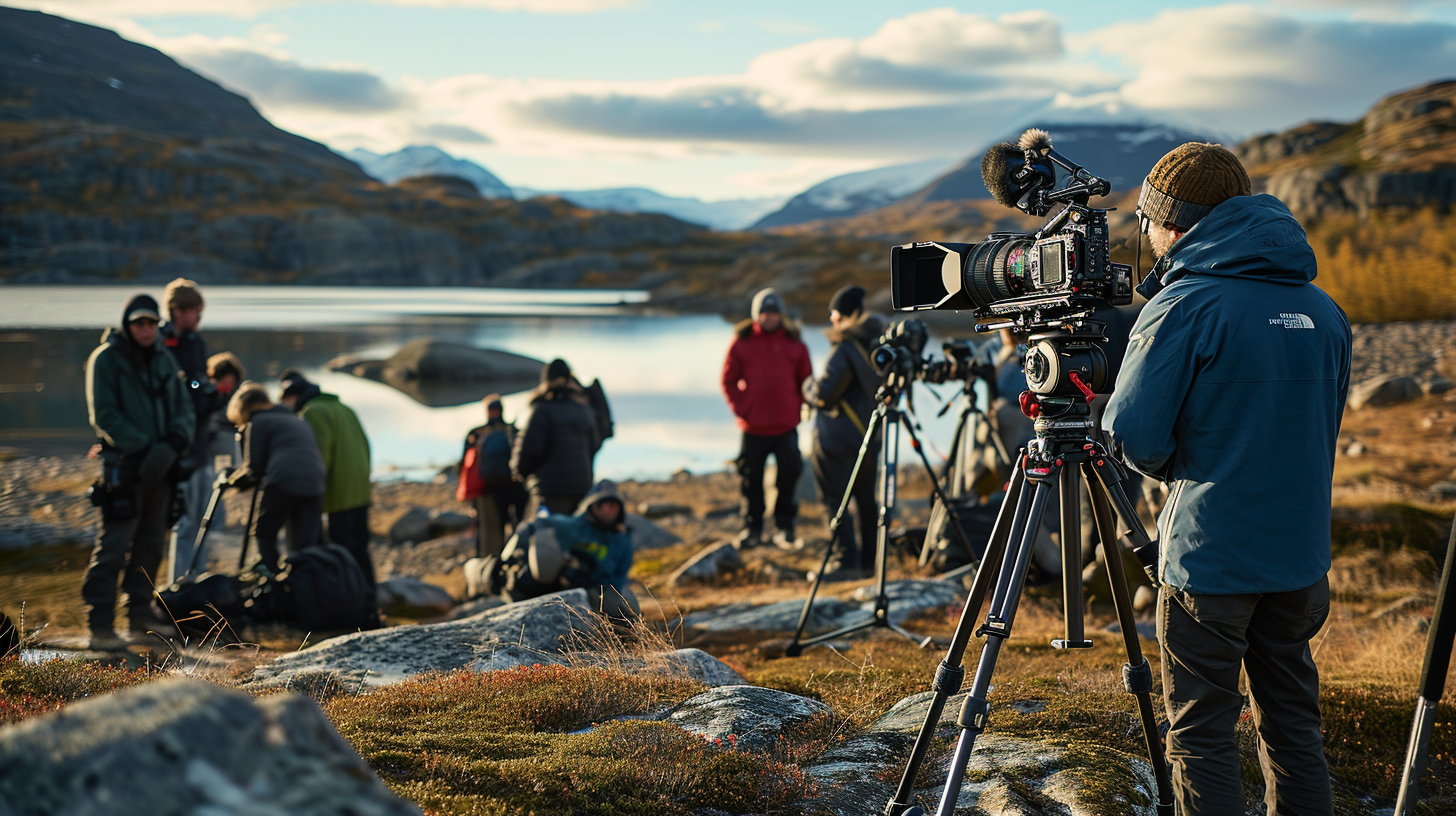Sparks fly
DOCUMENTARY PRODUCTION TRAINING COURSE

Course Summary
This is a detailed documentary production course designed for, and regularly delivered to, broadcasters. This course covers the whole process of documentary production, focussing on the development stages, from finding the right idea, developing and pitching it and then planning out the production.
We work through what makes long-form story telling a unique craft and skill, the importance of good structure and a well thought out treatment and how to spot a great story and turn it into a fantastic, potentially award winning documentary. Throughout this course delegates will be developing the documentary idea they bring with them. As a result of these exercises, this course has been responsible for many documentary ideas being worked up into detailed proposals and treatments that have gone on to be commissioned, made, and won awards.
WHO’S IT FOR
This five day course is for both aspiring and established documentary makers, journalists looking to move into long form, or anyone with a story that they want to tell with film or video.
OUTCOMES
Delegates will come away knowing exactly what they need to do in the research, planning and pre-production of a documentary before they pitch. They will know what a successful pitch, proposal and treatment should look like. They will leave the course will a fully detailed and developed documentary proposal, treatment and shooting schedule.



